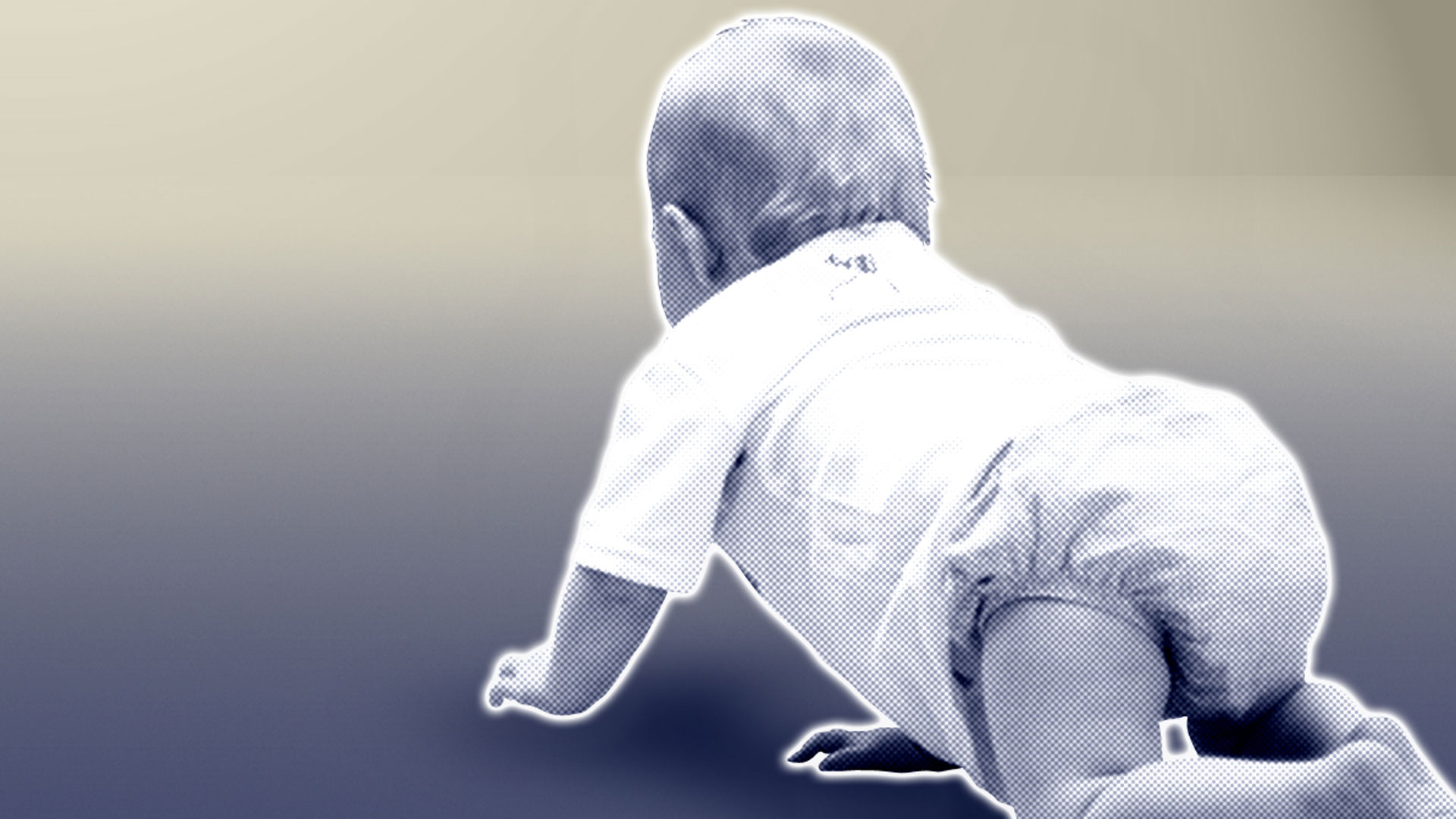Yes, you can overdose on salt.
A South Carolina mother made headlines this week for allegedly killing her 17-month-old daughter by feeding her a teaspoon of salt. The 23-year-old mother is now facing homicide charges, but isn't the first parent to be accused of killing their child via salt overdose.
In 2015, a 27-year-old Kentucky mom was sentenced to 20 years to life in prison for poisoning her 5-year-old son to death using salt. A Texas mother of five was convicted of killing her 4-year-old foster son in 2007 after being accused of feeding him excessive amounts of salt.
But what exactly is salt poisoning, and who is at risk?
Salt poisoning, also known as hypernatremia, is when a body takes in dangerously high levels of sodium, according to the National Capital Poison Center. Too much sodium in the bloodstream can damage brain cells, and lead to seizures, coma or even death. Fluid can build up in the lungs, causing trouble breathing. Other symptoms of salt poisoning include kidney damage, nausea, vomiting and weakness.
A quick search on the web reveals salt poisoning cases are rare, except in extreme cases involving children.
ABC10 spoke with Justin Lewis, the Clinical Managing Director of the Sacramento division of the California Poison Control System. He said children are at most risk of salt poisoning.
"The most common intake is table salt, usually in small bodies, like a kid," he said.
The Poison Control's guidelines determine that for children and adolescents, a full teaspoon of salt ingested at once calls for necessary medical intervention.
Lewis said the Sacramento center gets about five calls a week over concerns of salt poisoning in children, but only a couple get referred to the emergency room a month.
"Luckily most of the time if they do get exposure, we send them to the hospital, they get electrolytes, and only experience nausea and vomiting," Lewis said.
Salt poisoning in adults is not common and Lewis said poisoning cases depend on the individual adult's medical history and physical factors. He said adults with special needs and dementia may be at higher risk of a sodium overdose.
In the past, salt water was used to induce vomiting, Lewis added, and the practice has led to salt poisoning in children. Medical experts now advise against that practice. He also said there are concentrated baby formulas that if not diluted, may cause sodium poisoning.
The Poison Control does have a report of a 5-week-infant who died from salt poisoning after drinking improperly made formula.
Although it's important to always be careful, the chances of having a child experience salt poisoning are slim. In fact, Tricia Tomiyoshi, spokesperson for UC Davis Children's Hospital, says there's not a single incident of a salt poisoning known at the medical center.
Dietary guidelines recommend Americans consume less than 2,300 milligrams (mg) of sodium a day.
In case of a poison emergency, or for more information, call the American Association of Poison Control Centers:
1-800-222-1222 .


